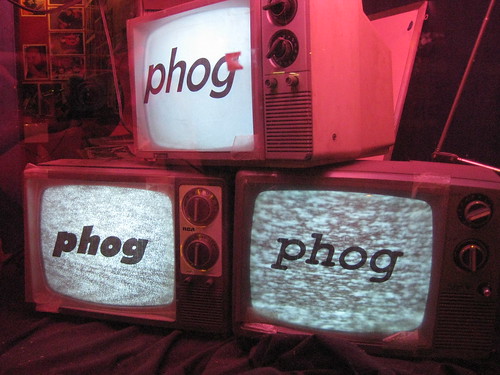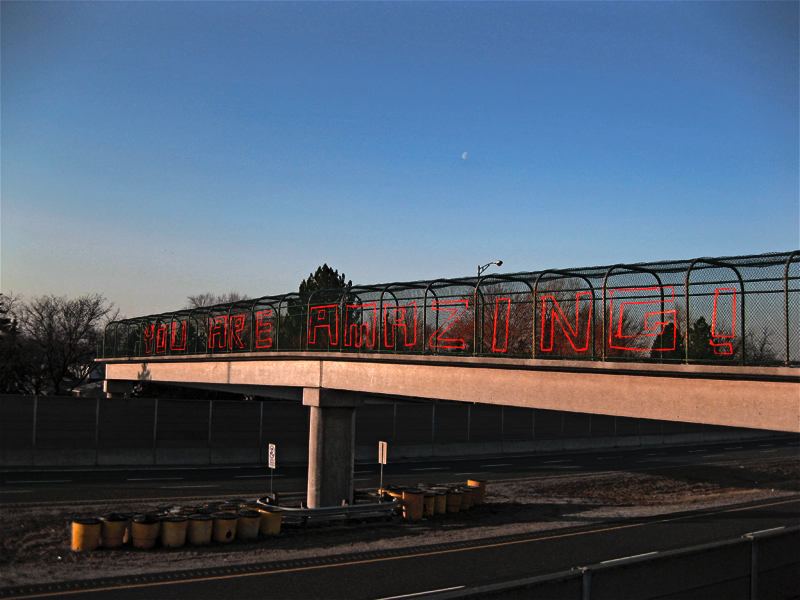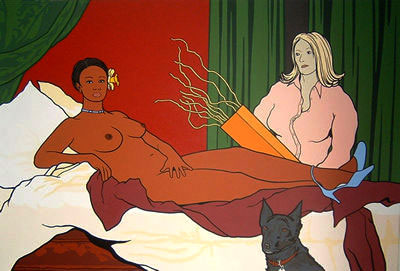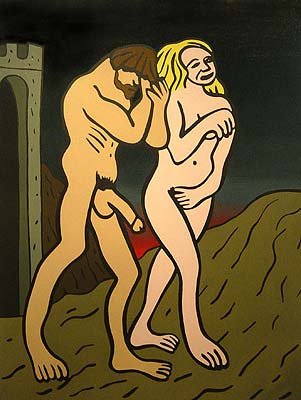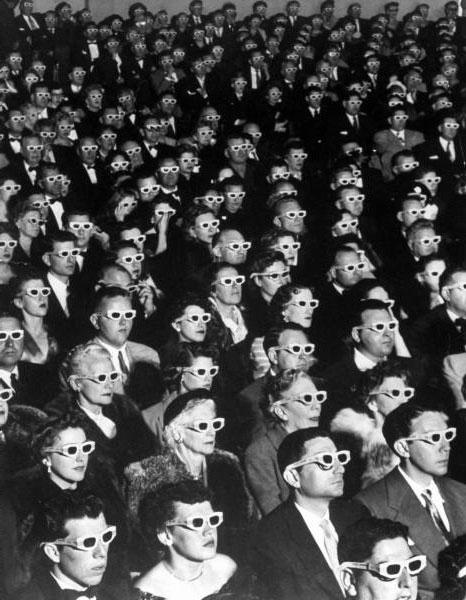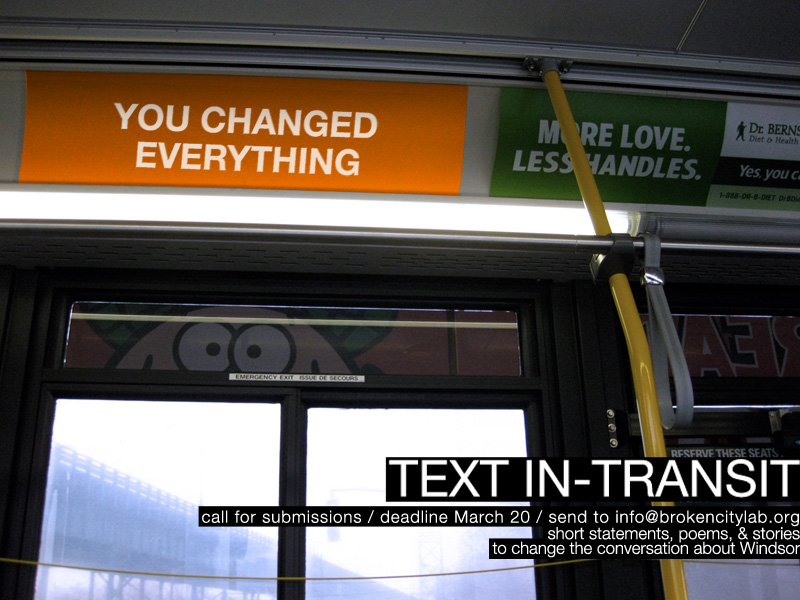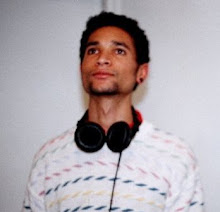MIX 001. Mainly consisting of IDM, Electro and Dub-Step. You can download it if you want.
Track Listing:
tomandandy - Theme from Red Hot + Dance (Gothic Mix)
Jimmy Edgar - Wanna Do It
Kid606 - Die Soundboy Die
Jimmy Edgar - Slaphard Mix 1
LFO - Mummy, I've Had an Accident
Santogold - Creator
Kid606 - Circuitstep
Feadz - On All Fours
Kero - 26th Birthday
Squarepusher - U.F.O.'s Over Leytonstone
Boards Of Canada - Basefree
CacheFlowe - Flowebot Dub ft. Brer Rabbit
Kid606 - Raving Cain - Bruce Stallion Remix
CacheFlow - Oh! Dub
Jimmy Edgar - Slaphard Mix 2 (Jimmy's Revenge)
The Tuss - Synthacon 9
Dolby Anol - Heather, I'm Dry - Kid606 mix
LFO - Freak
Steve Parker - Crawling - Punisher Remix
DJ Sluggo - Wouldn't You Like To Be A Hoe
Aphex Twin - Flim
Coming Soon
 ‘Poisoning water is like poisoning your blood. It comes back to us. There is a price to be paid for thinking we’re above nature.’
‘Poisoning water is like poisoning your blood. It comes back to us. There is a price to be paid for thinking we’re above nature.’




